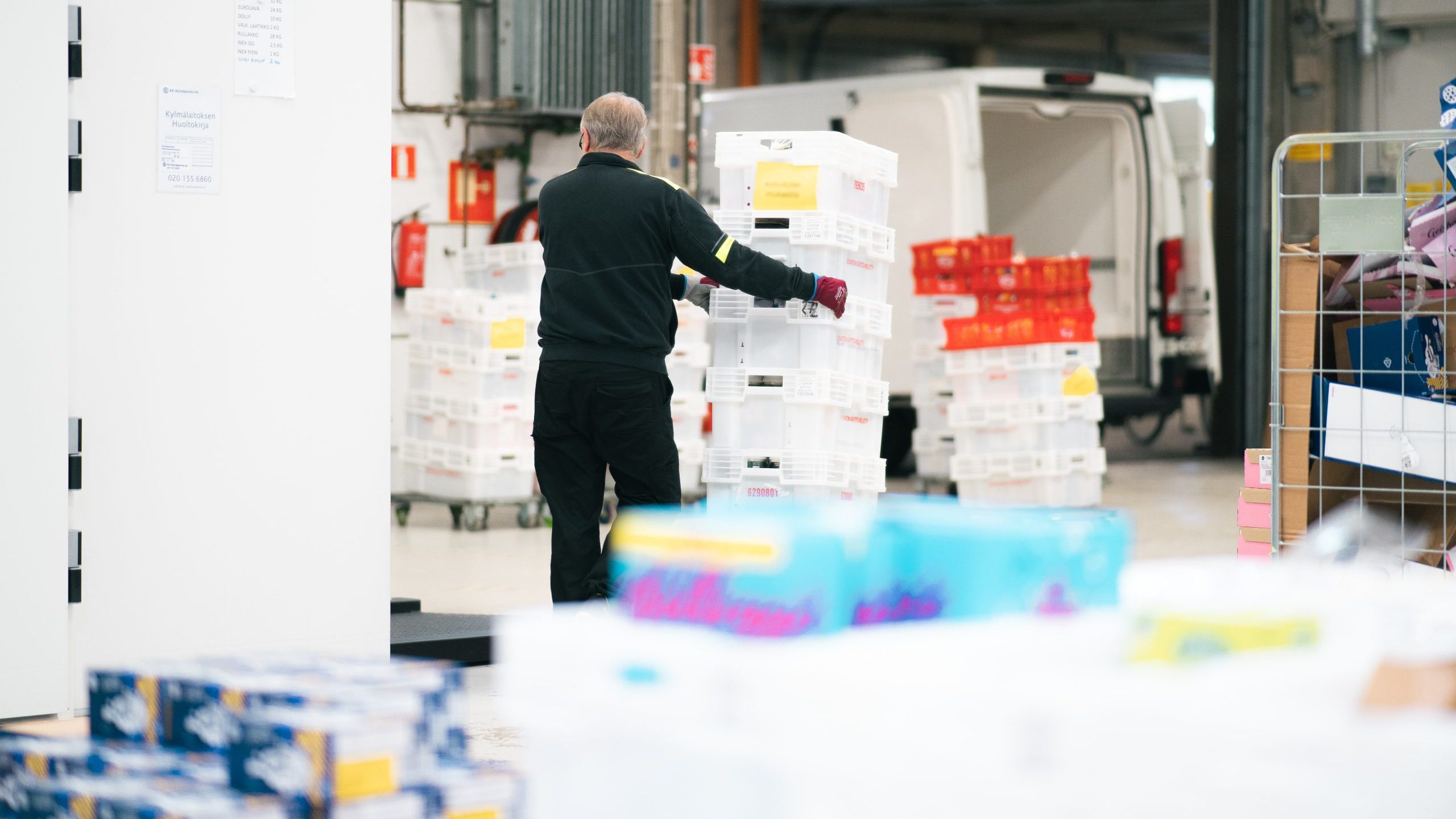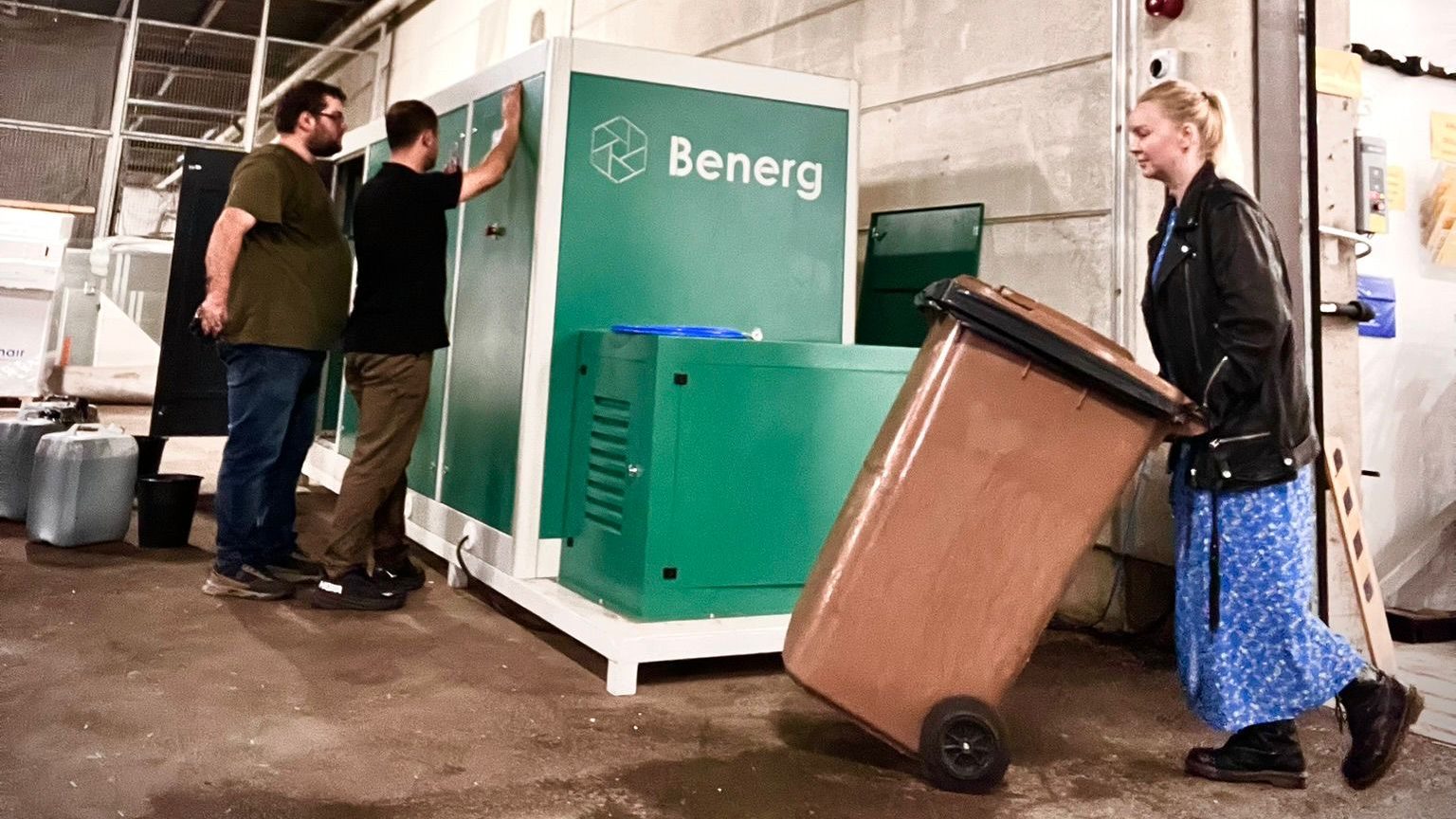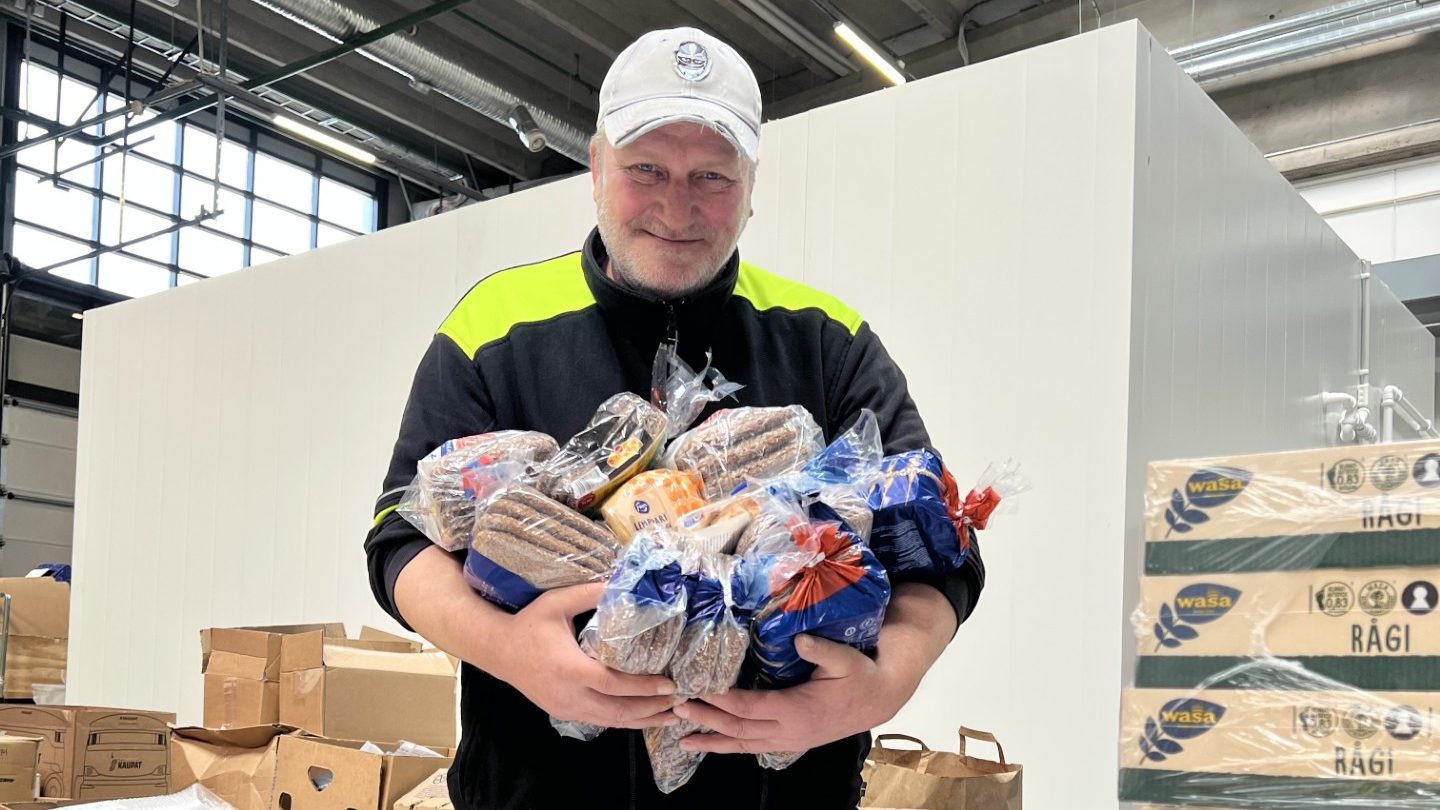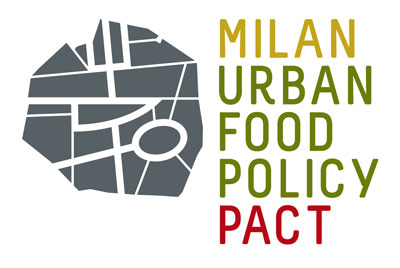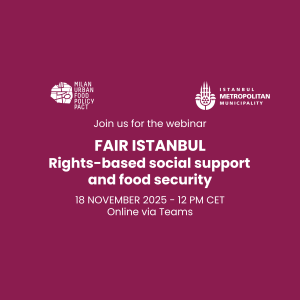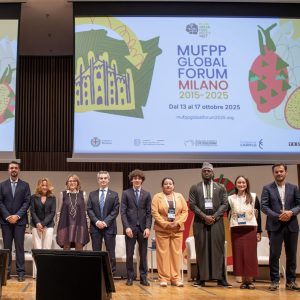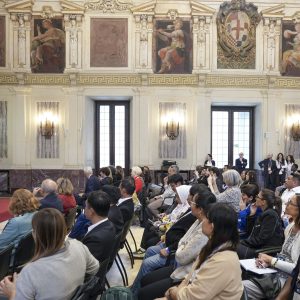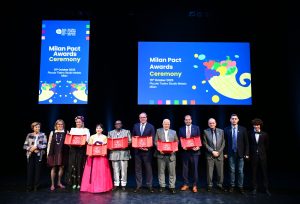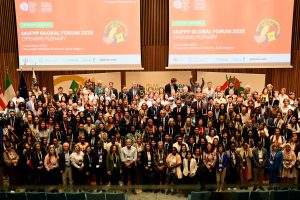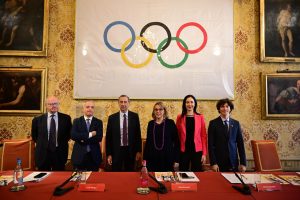What do Austin, Seoul, Medellín, Jericho, Ouagadougou, and Vantaa have in common? More than it seems: a new way of approaching food as an urban policy. At the Milan Pact Awards 2025, these cities were recognized for their creativity and commitment to building more resilient and equitable food systems.
Here, we take a closer look at the winning initiatives that are shaping the path toward a more sustainable food future.
Austin’s Travis Country Food Plan wins the Governance Category
Cities increasingly require inclusive governance models that give voice to all stakeholders in the food system, particularly citizens. How can this approach be effectively integrated into urban food management? The Austin’s “Travis Country Food Plan” is a community-powered roadmap for a just, climate-resilient, and locally rooted food system, built on a holistic, system-based approach. As the first effort of its kind in Central Texas, it addresses long-standing food access disparities, climate challenges, and the need for stronger regional coordination.
Developed through a highly participatory process that engaged more than 3,500 stakeholders, the Plan identifies 9 goals over 90 strategies. The city’s role was to facilitate the process, convene partners, and fund, while embedding equity and climate resilience at its core.
Key innovations include introducing innovative engagement models such as Food and Land Circles, Community Advisory Committee, and Issue Area Groups. Equity measures—including childcare, transportation, and language access—ensured inclusive participation, while a comprehensive State of the Food System Report grounded the process in shared data and understanding. By blending research, civic training, and co-governance, the plan breaks systemic barriers and empowers residents as co-authors.
Aligned with the Milan Urban Food Policy Pact, it delivers measurable social, environmental, and economic impacts—advancing food access, education, regenerative agriculture, waste reduction, and local job creation. Nearly 40% of strategies are already underway, with progress publicly tracked via an online Food Plan Dashboard that promotes transparency, accountability, and collaboration across the region.
Read more about the award-winning practice: Austin’s Travis Country Food Plan

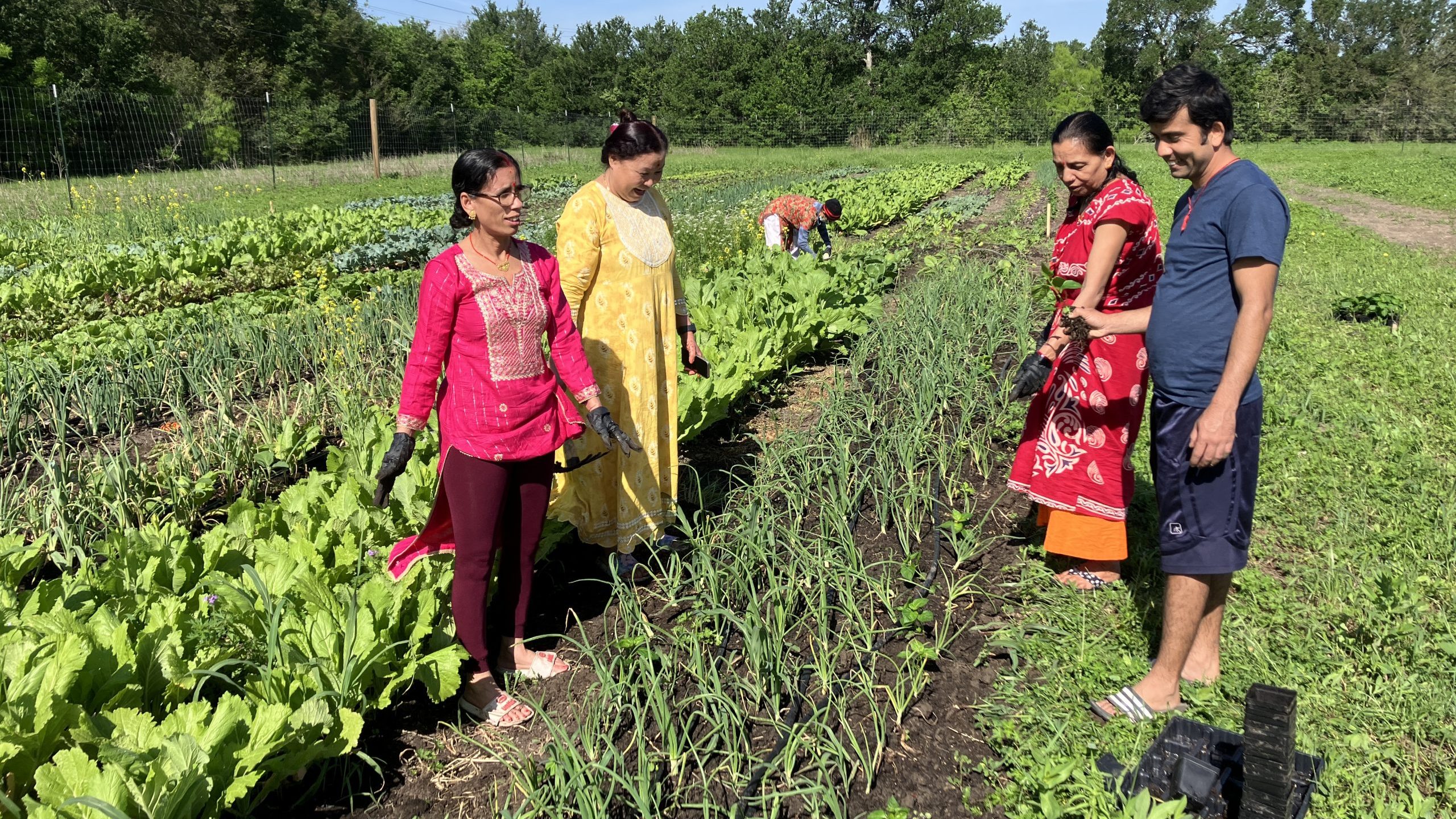
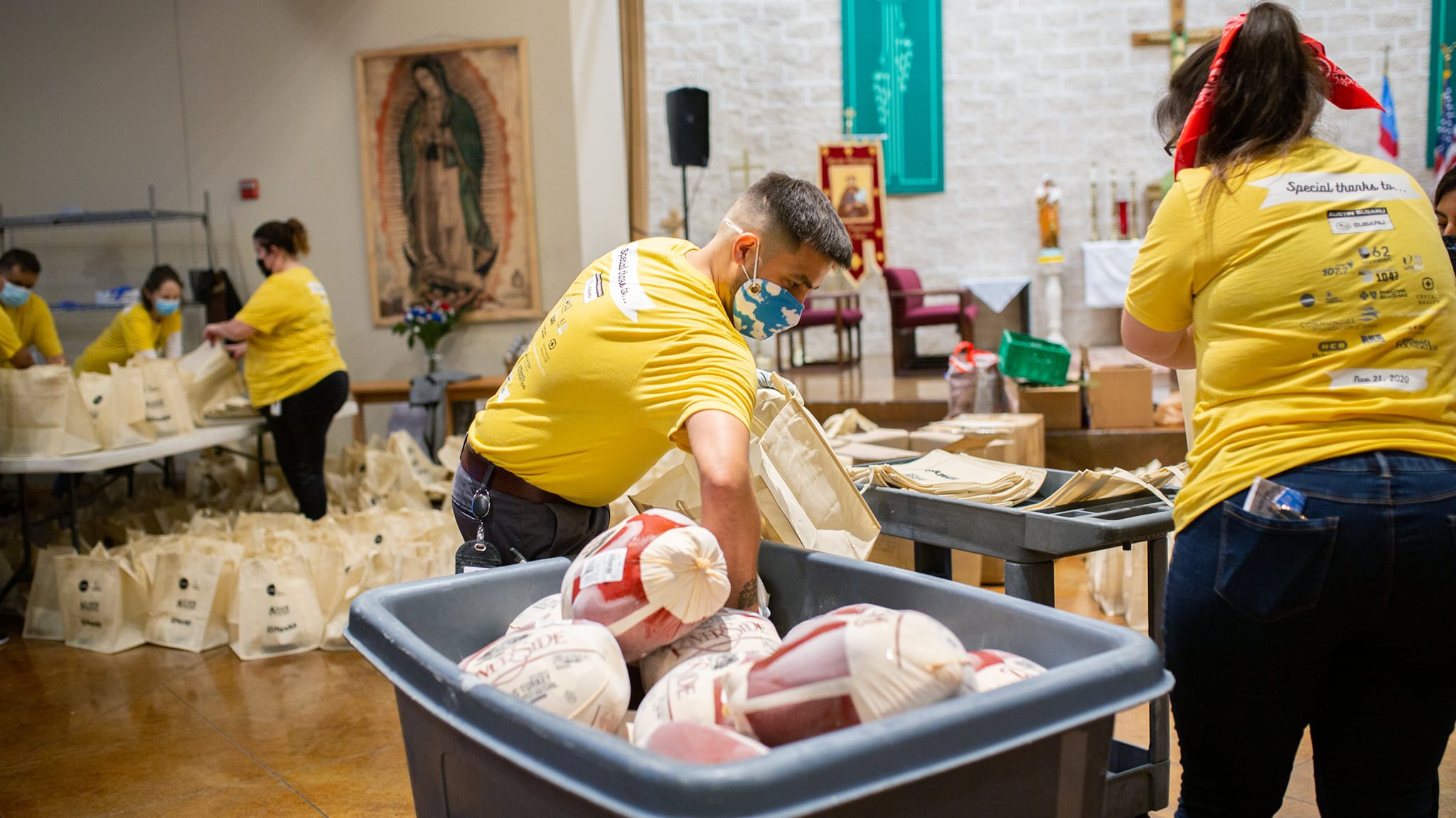
Seoul’s Nutrition Centres for Childcare Facilities: Safeguarding the Food of Future Generations wins the Sustainable Diets & Nutrition category
What does it take for a city to turn nutrition from a private concern into a public commitment? In Seoul, the Metropolitan Government has done exactly that with the launch of the Nutrition Centers for Childcare Facilities: a pioneering initiative ensuring that young children in small childcare facilities, often overlooked by regulations, receive high quality meals.
These Centers, run in partnership with universities and the Ministry of Food and Drug Safety, follow a standardized framework with clear performance indicators. They provide on-site visits by professional nutritionists, age-appropriate meal plans and standardized recipes, hygiene and nutrition training for staff, nutrition newsletters for families, and hands-on education for children.
By 2024, serving nearly 5,000 facilities in all 25 Seoul districts, and supporting nearly 150,000 children, the programme has significantly improved child health, hygiene, and nutrition knowledge, while cutting foodborne illness rates to less than half the national average. Overall, it stands as a comprehensive, equity-driven model for promoting child health.
Read more about Seoul’s award-winning practice: Safeguarding the Food of Future Generations
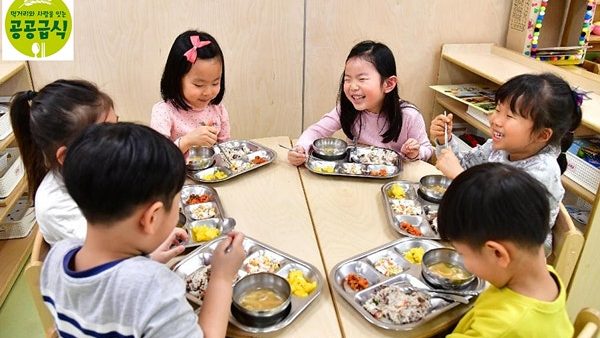
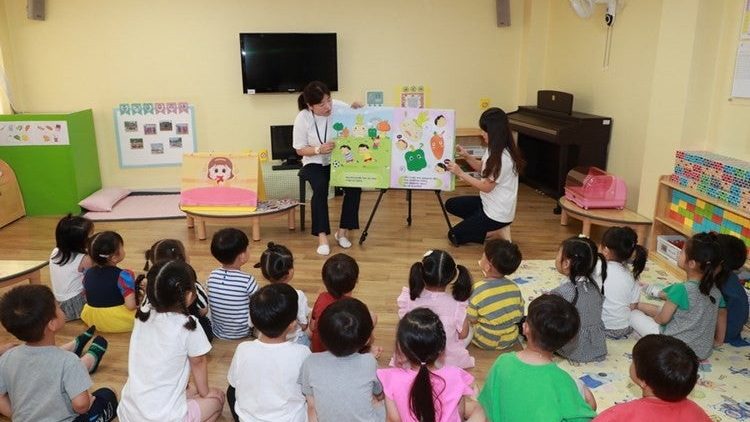
“Sustainable School Canteens” from Medellín, Colombia wins the Social & Economic Equity category
How can school meals programmes go beyond nutrition, becoming part of a greater social and environmental transformation? Medellin is paving the way through its School Feeding Program (PAE), which provides daily free food supplements to students in public schools across both urban and rural areas, while integrating environmental sustainability and operational efficiency.
The programme’s mission is to support, retention, and nutritional well-being for children, adolescents, and young people throughout the school year, with a particular focus on those in vulnerable situations. Following national guidelines, it delivers a variety of meals, including on-site breakfasts and lunches, transported meals, industrialized rations, and milk servings.
In 2024, PAE helped 232,252 students, distributing over 12,000 tons of food, meeting 20–30% of students’ daily nutritional needs.
But Medellín didn’t stop there. Recognising the environmental impact of such a large-scale operation, the city introduced practices to reduce water consumption and waste. Measures include reusing waste water from food washing and disinfection, recovering used cooking oil (UCO), preventing water pollution, and repurposing plastic waste into school furniture.
Read more about Medellin award-winning practice: Sustainable School Canteens
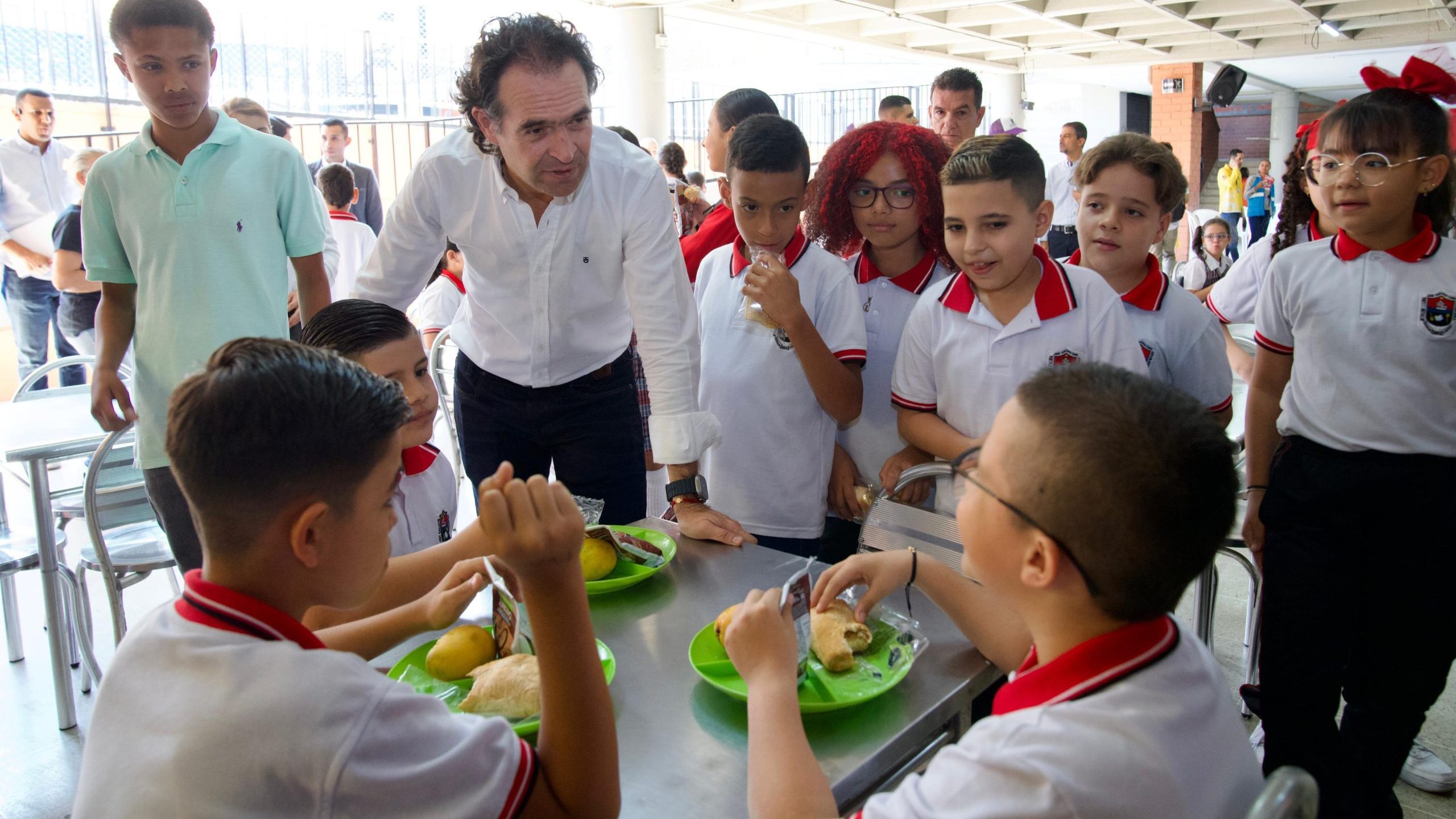
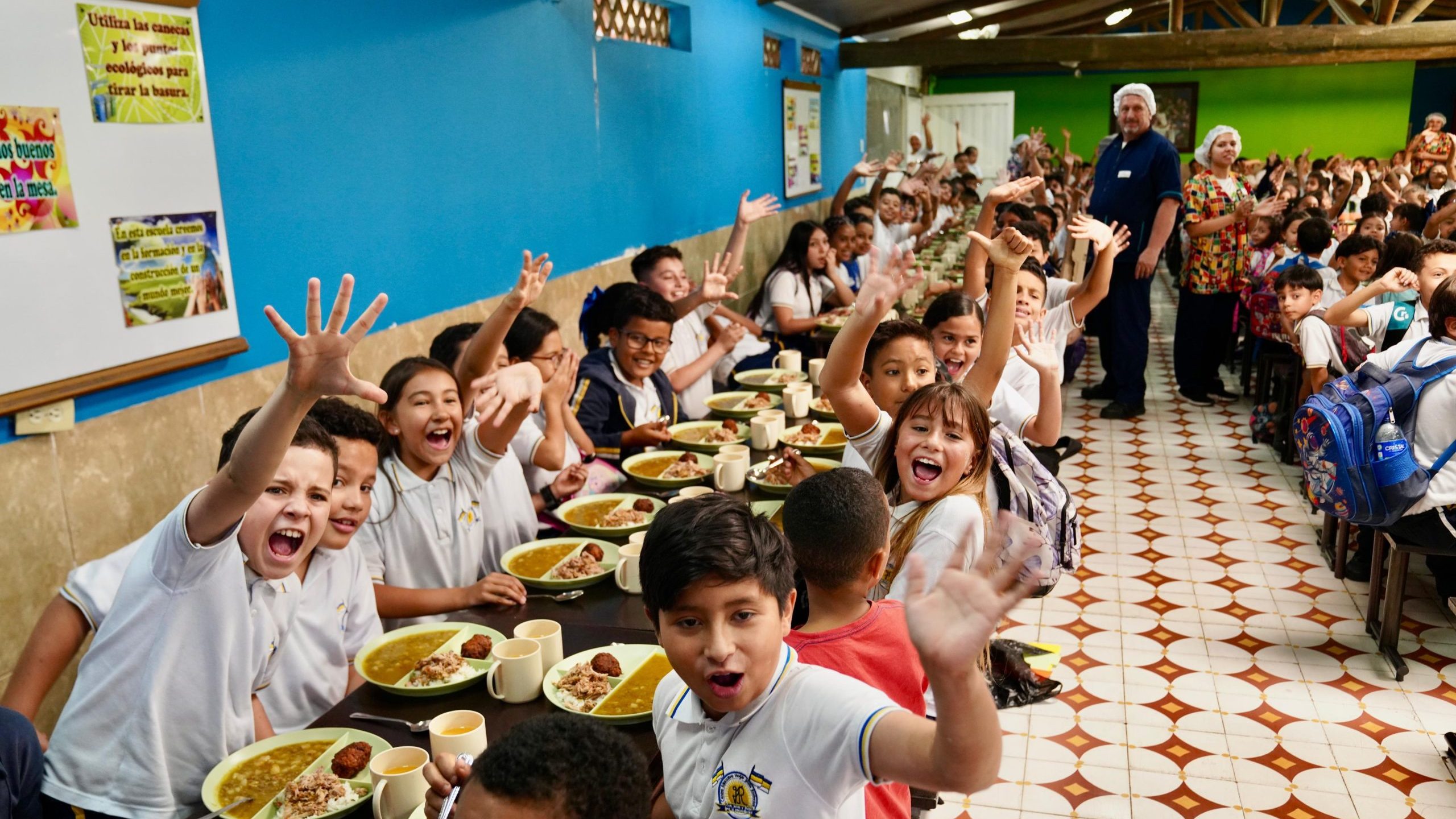
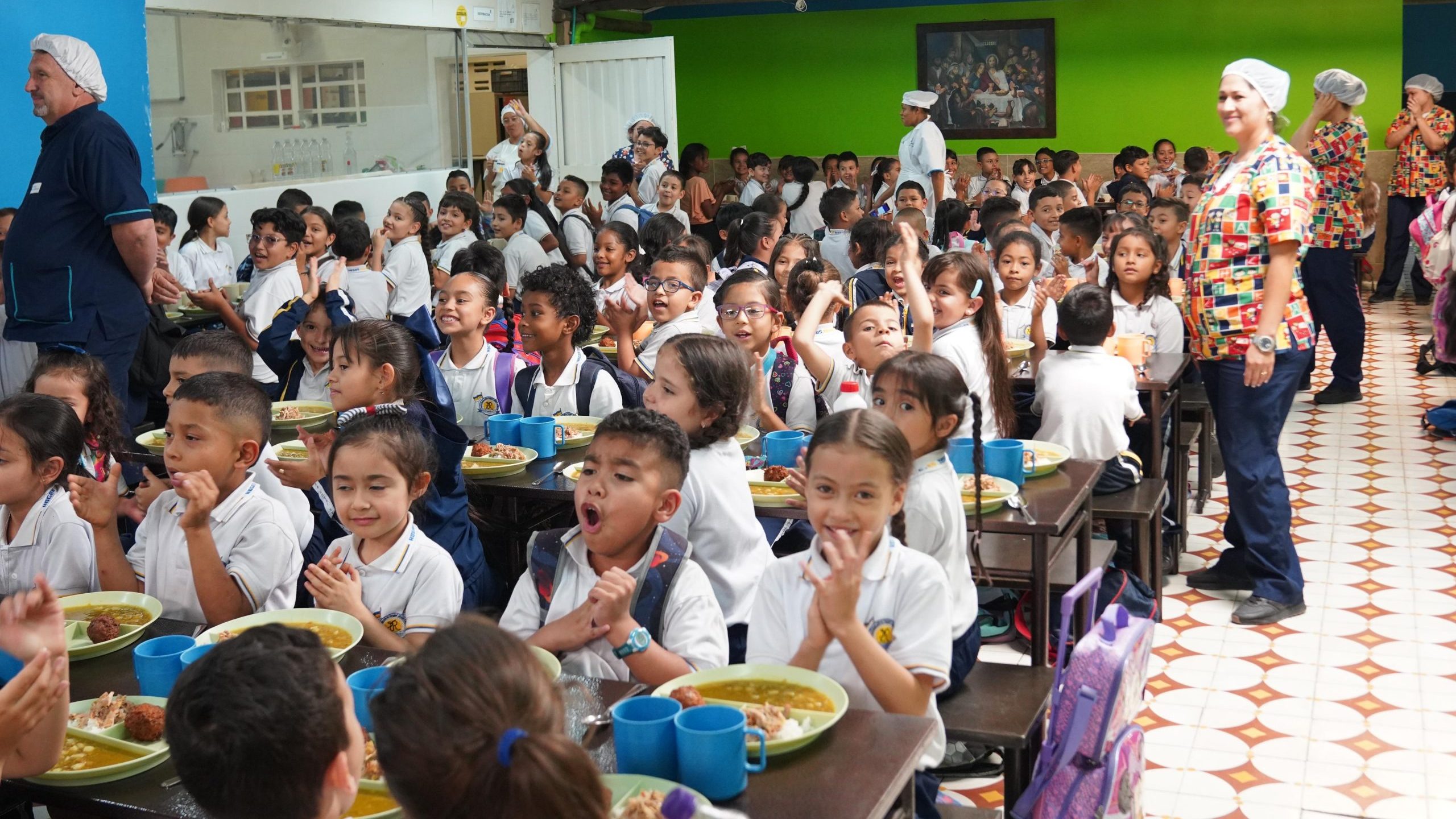
Renewed Water for Sustainable Agriculture from Jericho, Palestine wins the Food Production category
In a region where every drop of water holds immense value, how can a municipality reimagine survival, sustainability, and growth? Facing extreme water scarcity that threatened its agricultural base, Jericho Municipality introduced an innovative large-scale system for the reuse of treated wastewater.
To achieve this, the city built a €40 million Wastewater Treatment Plant, funded by grants from JICA (Japan International Cooperation Agency) and USAID (United States Agency for International Development). The plant runs on a 2-megawatt solar system, reducing both carbon emissions and operational costs.
The impact extends across social, economic, and environmental dimensions. Every day, the system provides around 3,500 cubic meters of treated water to hundreds of farmers, strengthening the date sector, which sustains 6,000 jobs, 40% of which are held by women involved in manual packaging and sorting.
Environmentally, the project maintains a 16.5 km² green belt, combats desertification, supports biodiversity (with birds returning to the area), and achieves a net reduction of over 92,000 tons of CO₂-equivalent per year.
This achievement is the result of a participatory approach, bringing together local authorities, international experts, national institutions such as the Palestinian Water Authority and the Ministry of Agriculture, as well as universities and the farming community.
Read more about Jerico award-winning practice: Renewed Water for Sustainable Agriculture
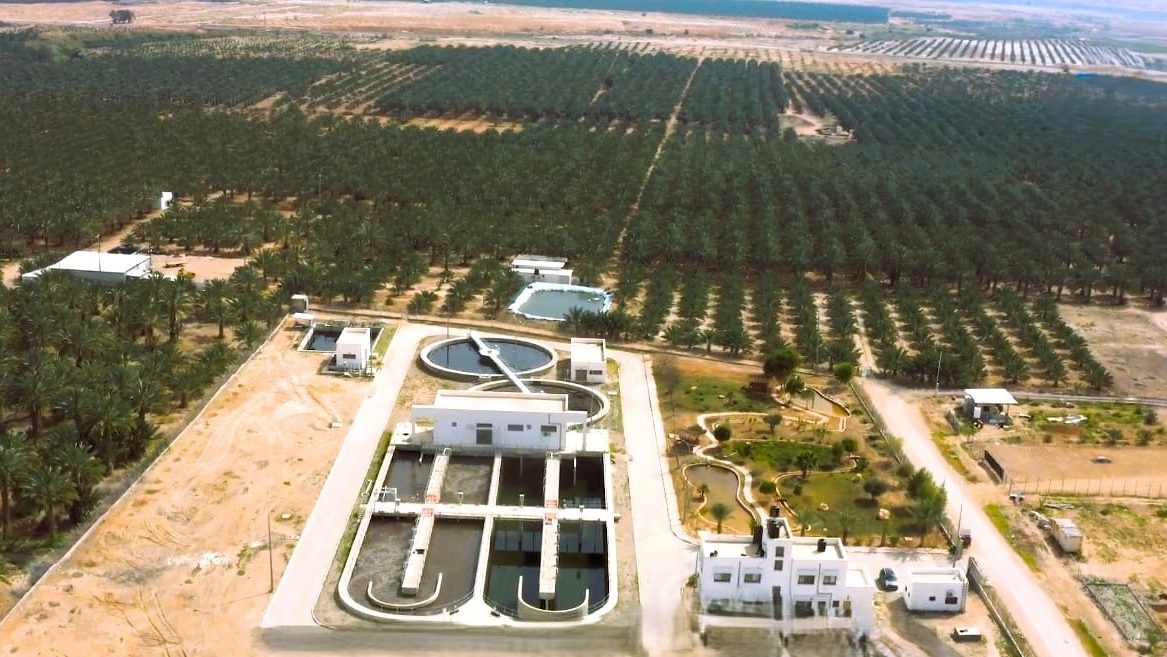
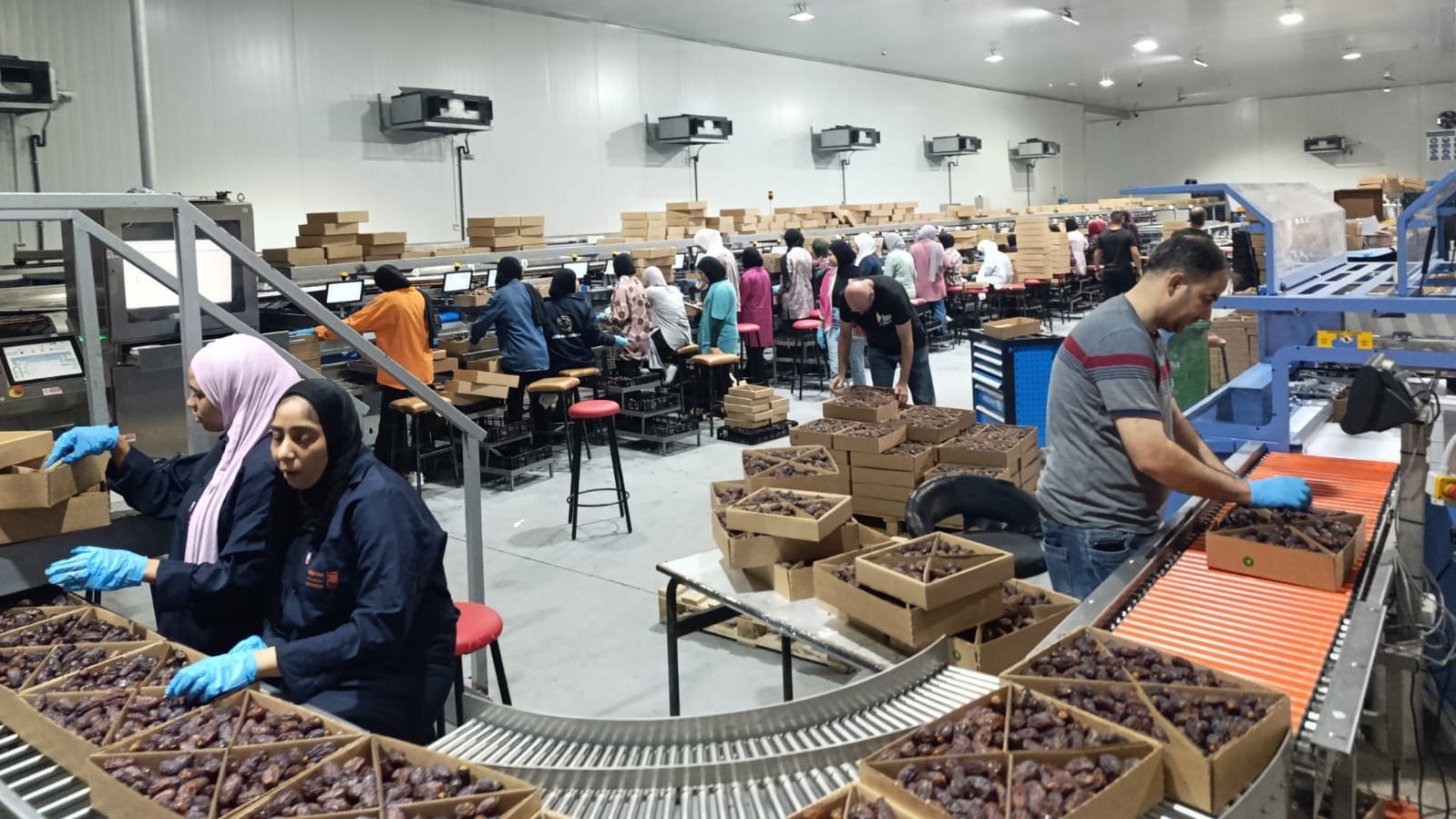
Relaunch Urban Food Markets from Ouagadougou, Burkina Faso, wins the Food Supply & Distribution category
How can African cities ensure safe, nutritious, and equitable food for all in the face of rapid urbanization, informal markets, food insecurity, and inadequate health regulations? In Ouagadougou, the Relaunch Urban Food Markets initiative offers an inspiring answer.
Starting with a pilot at the Naabi Yaar market, the city is promoting safe, nutritious food while improving working conditions for vendors. The initiative addresses hygiene, storage, and presentation standards and links street vendors with agroecological producers in the Ouagadougou Green Belt (CVO).
The municipality is also co-designing “Golden Restaurants” and sustainable vegetable stalls, combining infrastructure improvements, regulatory support, and public awareness. Activities include training 50 vendors, equipping sales sites, adopting international health standards, and establishing a municipal food systems service, benefiting more than 50,000 consumers.
A Multistakeholder Platform, created as part of the Afrifoodlinks project, brings together producers, traders, authorities, and civil society to co-develop sustainable solutions. It facilitates direct connections between CVO farmers, markets, and Golden Restaurants, creating a replicable framework for other African cities.
The innovation of this practice lies in its integrated approach: connecting informal vendors, market infrastructure, and local agroecological supply chains. It addresses food security, vendor dignity, and consumer health through a participatory model.
The initiative is also generating political momentum for a dedicated municipal food systems department and providing pilot tools for wider implementation across the continent.
Read more about Ouagadougou award-winning practice: Relaunch Urban Food Markets
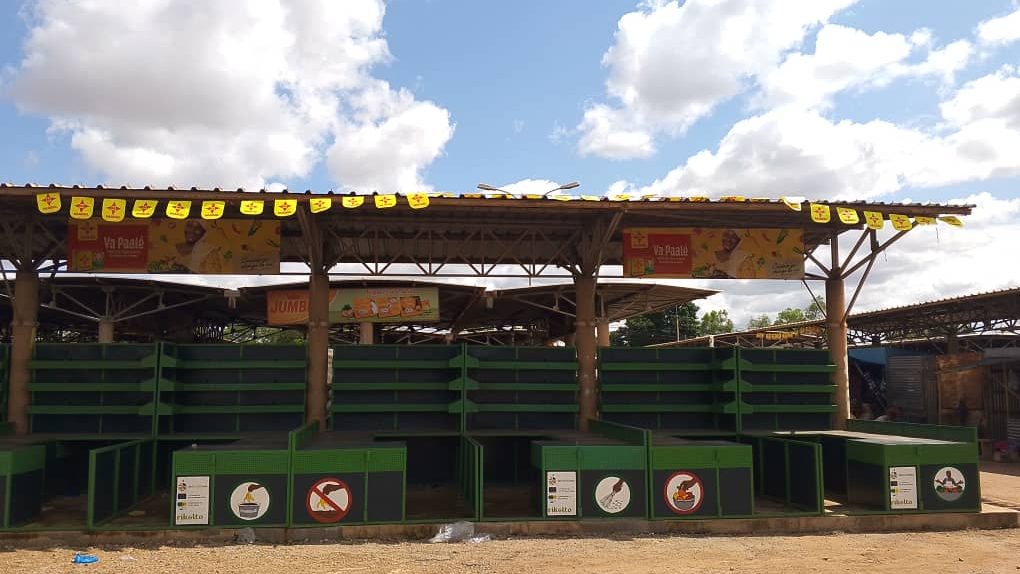
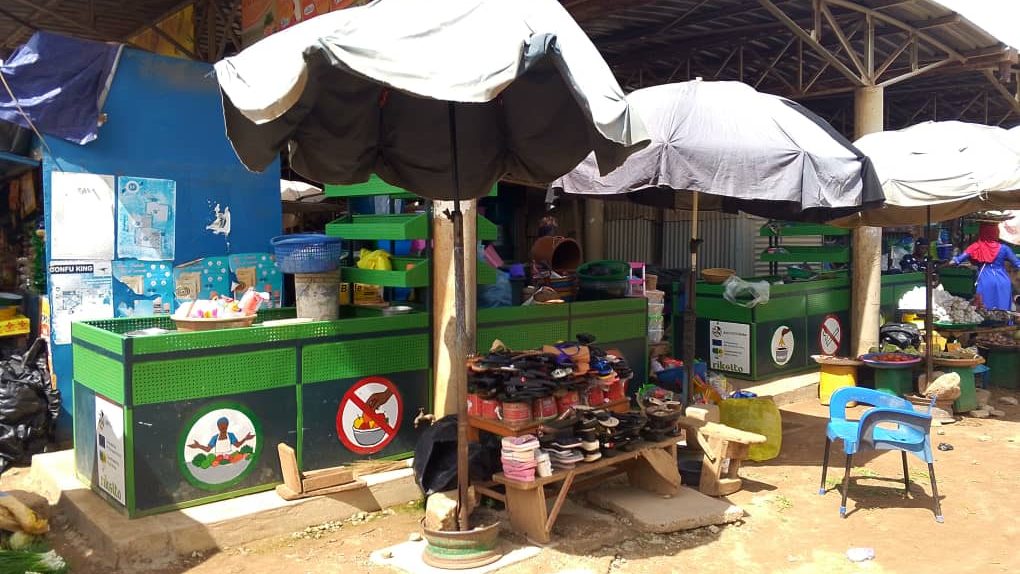
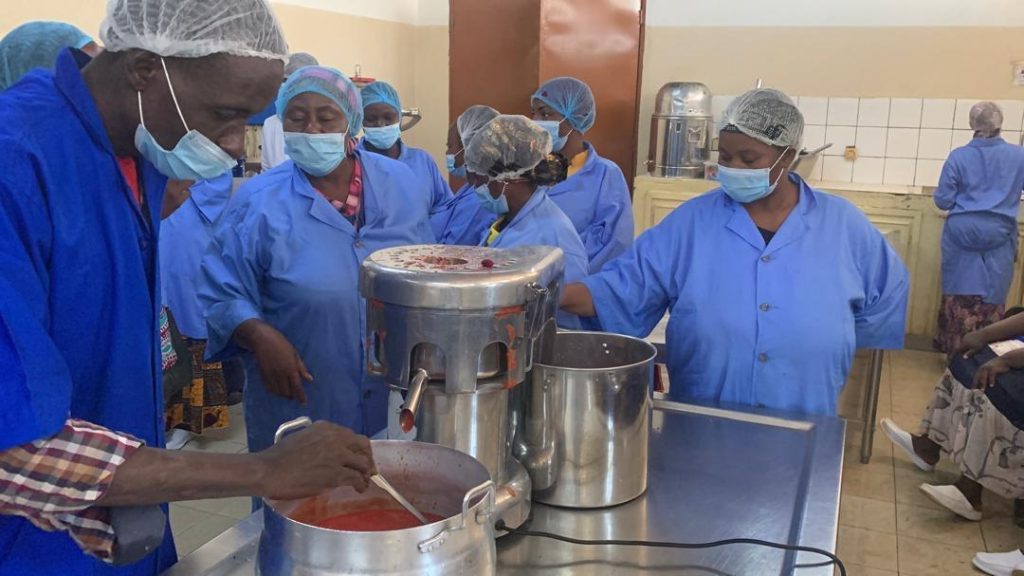
Vantaa Shared Table – Food Waste Ecosystems from Vantaa, Finland wins the Food Waste category
Can a city build solidarity out of food surplus? Vantaa’s Shared Table – Food Waste Ecosystem offers an inspiring answer. By connecting more than 80 NGOs and 50 donors (including food factories, wholesalers, and retailers), the city has built a robust, citywide network that rescues and redistributes half a million kilograms of surplus food each year. What once went to waste is now transformed into community meals and open activities that supports 10,000 vulnerable residents.
Beyond the numbers, what makes this system truly remarkable is its shift from isolated food-rescue efforts to a coordinated ecosystem grounded in safety, dignity, and inclusion.
Vantaa has also piloted the recovery of edible food left on schools and catering lines, ensuring full compliance with cold chain integrity, allergen traceability, and food safety regulations. The city even tested smart technologies that convert organic waste into local energy (biogas), completing the loop from food to fuel. These efforts not only reduce waste management costs but also help balance energy demand peaks and reduce the need for fossil fuels.
During the pilots thousands of kilograms of food were recovered, contributing to both environmental and social sustainability. In the next phases three models of distributing food are scaled to cover more Finnish metropolitan area.
Read more about Vantaa award-winning practice: Vanta Shared Table – Food Waste Ecosystems
